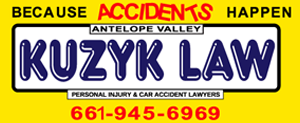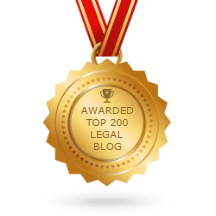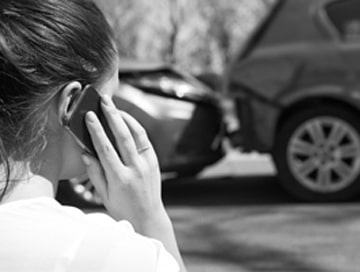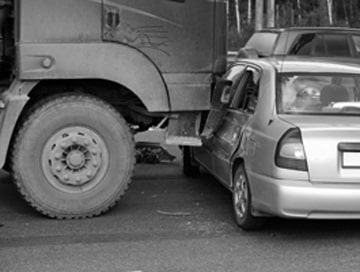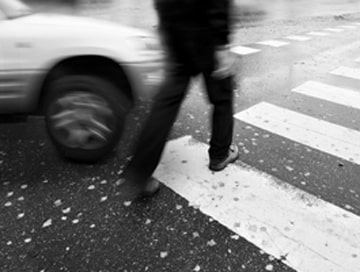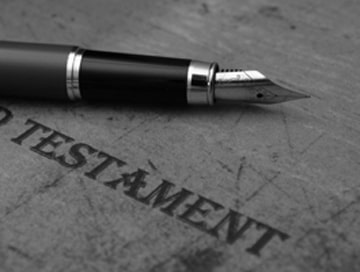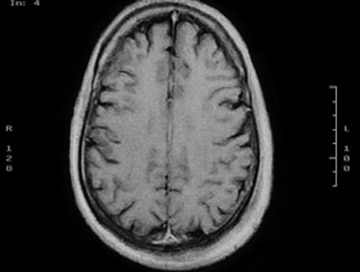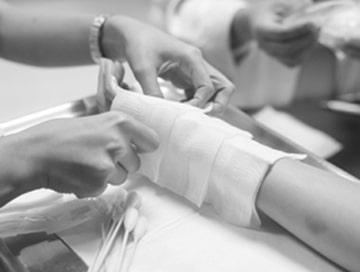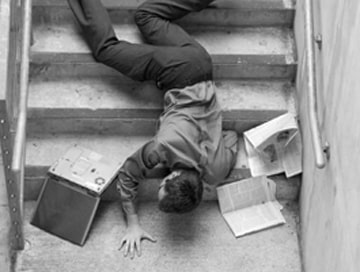Understanding premises liability cases and how a lawsuit works requires expertise, commitment, and a deep understanding of the law. As a leading Lancaster premises liability lawyer, Kuzyk Personal Injury & Car Accidents Lawyers has long been at the forefront of ensuring victims receive the justice and compensation they rightfully deserve.
Premises liability covers situations where an individual sustains injuries on someone else’s property due to negligence or unsafe conditions. These accidents can range from slips and falls at a shopping mall to more severe accidents like a balcony collapse at an apartment complex. In these moments, it’s crucial to have representation that not only understands the small details of the law but also champions your rights. That’s where the seasoned California premises liability lawyers at Kuzyk Personal Injury & Car Accidents Lawyers come in, offering unwavering support and guidance every step of the way.
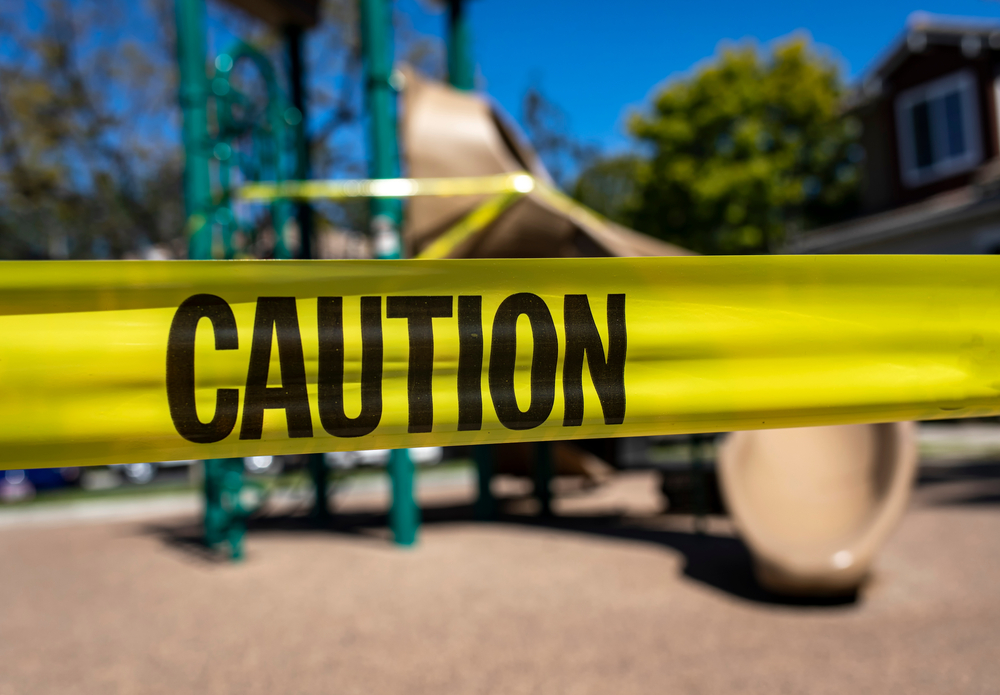
Premises liability, in its simplest form, refers to a property owner’s responsibility for specific injuries that people sustain while on their premises. This legal concept requires property owners and managers to ensure a safe environment for anyone entering the property, be it a home, business place, or public space.
At the core of any premises liability case is the principle of negligence. If a property owner is aware, or should reasonably be aware, of a hazardous condition and fails to address it promptly, the court may hold them liable for any injuries. The responsibility varies based on the relationship between the property owner and the injured party. For example, business owners generally have a higher duty of care toward their customers, while homeowners might have a lesser obligation towards trespassers. Some of the most common causes of premises liability incidents include:
- Dog bites
- Elevator or escalator accidents
- Poorly maintained properties
- Slip and fall accidents
- Swimming pool accidents
Understanding premises liability and its causes is the first step in recognizing when one might have a valid claim. With this knowledge, victims can decide to retain a Lancaster premises liability attorney and file a lawsuit.
Types of Injuries You Might Suffer in a Premises Liability Case
Premises liability claims cover a broad spectrum, and the injuries sustained due to these accidents can be diverse in type and degree. While each circumstance differs, specific injuries are more common in premises liability cases. Recognizing these can help victims assess the severity of their injury and the potential consequences for their well-being and recovery. Popular types of damages include the following:
Soft Tissue Injuries
A typical result of slip and falls, soft tissue injuries include sprains, strains, or torn ligaments. Though they might not always have immediate symptoms, they can cause lasting discomfort and chronic pain if you don’t address them promptly.
Broken Bones and Fractures
Hard falls on unforgiving surfaces or stumbling due to uneven walkways can lead to these injuries. Broken bones and fractures can be debilitating, requiring extensive medical attention and long recovery periods.
Head and Brain Injuries
The repercussions of a fall or a blow to the head can be severe. Concussions or more grave traumatic brain injuries can occur, leading to lasting neurological consequences. These injuries are particularly concerning because they can impact cognitive function, memory, and overall quality of life.
Spinal Cord Injuries
Among the most severe outcomes of premises liability cases, spinal cord injuries can result from significant falls or trauma to the back. The symptoms can range from persistent pain to paralysis, making them life-altering for victims.
Cuts, Bruises, and Abrasions
Though seemingly minor, these injuries can be painful and, if untreated, can lead to infections or other complications.
Who Can Be Liable in Premises Liability Cases?
These cases are complex because there are many entities your lawyer could hold liable for your injuries. A few of the most common ones include but are not limited to:
Property Owners and Managers
Property owners bear the brunt of responsibility in most premises liability cases. Whether it’s a homeowner, a business establishment, or a large commercial entity, they must ensure their property is safe for visitors.
Similarly, property managers, especially in retail and rental settings, are responsible for maintaining safety standards and promptly addressing any known hazards.
Tenants and Renters
Sometimes, a tenant or renter might share or assume complete liability. For instance, if a tenant runs a business within a leased space and creates a hazard that results in injury, the court may hold them accountable instead of the property owner.
Maintenance Companies
Entities hired to maintain, clean, or repair properties can be at fault if negligence leads to unsafe conditions. For example, a cleaning company that leaves a floor wet without placing warning signs may be liable for resulting slip and fall accidents.
Manufacturers
In cases where equipment or products installed on a property malfunction and cause injury, the manufacturer of the defective product might be liable. Think of an escalator suddenly stopping or a gate malfunctioning.
Government Entities
A government entity can be liable for injuries on public properties, like parks, buildings, or public transportation sites, if you prove they were negligent in their maintenance and safety responsibilities.
Understanding the complicated world of liability is complex. While different groups may be involved, identifying the primary liable party is critical to ensuring a successful legal verdict. You want an experienced and dedicated Lancaster premises liability lawyer from Kuzyk Personal Injury & Car Accidents Lawyers fighting for your case.
Duty of Care — What Every Property Owner Should Know
Owning a property, whether a home, commercial space, or public building, involves specific legal responsibilities. At the heart of these obligations is the “duty of care,” a crucial legal concept in personal injury law that property owners must understand and follow.
Defining Duty of Care
Simply put, the duty of care requires property owners to maintain their premises in a reasonably safe condition. This duty ensures that visitors, customers, or anyone entering the property aren’t subjected to foreseeable risks or injuries.
Range of Responsibility
While addressing obvious hazards like wet floors or broken stairs is essential, a duty of care extends beyond the visible. It also includes periodic inspections to identify potential threats, ensure adequate security, and promptly make necessary repairs or renovations.
Different Visitors, Different Duties
The extent of this duty can vary based on the visitor’s status. For instance, you owe invitees (like customers in a store) the highest duty and licensees (like social guests) a moderate one, while trespassers get the least—though there are still certain obligations even for them.
Every property owner must recognize that their duty of care is not a passive responsibility. Proactive measures, regular assessments, and prompt action in addressing hazards are vital to fulfilling this obligation and avoiding lawsuits.
Damages and Compensation for Premises Liability Cases
When injuries happen due to negligence on a property, the consequences might include physical pain, emotional suffering, and financial strain. Fortunately, there are legal options available to ease some of this stress. If you have been a victim of a premises liability lawsuit, you must understand the potential damages and compensation your California premises liability attorney can ask for on your behalf. They include:
Medical Expenses
This accounts for a sizable portion of the payment. It includes everything from emergency medical care and surgery to long-term therapy and rehabilitation. Also, it can encompass future medical costs for extended treatment or surgery.
Lost Wages
If your injury forces you out of work temporarily or permanently, you can claim compensation for the income lost during that period. This can also extend to reduced earning capacity if you can’t return to your previous job or ability.
Pain and Suffering
Beyond tangible costs, victims can also get compensated for the physical pain and emotional distress they endure. This includes anxiety, depression, loss of enjoyment of life, or any long-term psychological effects.
Loss of Consortium
In more severe cases, victims may be entitled to damages for the loss of companionship or inability to maintain a sexual relationship with a spouse or partner.
Punitive Damages
While not always awarded, punitive damages come into play in cases where the property owner’s conduct was particularly egregious or malicious. The total is usually much higher than the average compensation because the court uses these damages to punish the guilty party and deter it from happening again.
Immediate Steps to Take After a Premises Liability Accident
Experiencing an accident on someone else’s property can be disorienting and stressful. However, your immediate actions can significantly impact your ability to seek justice and compensation later. After an accident, you should:
1. Seek Medical Attention
Even if injuries seem minor, always go to the emergency room or make an appointment with a medical professional. Some injuries may not show immediate symptoms but can become severe later.
2. Document the Scene
Take photos or videos of where the accident occurred, ensuring you take pictures of any hazards or conditions that may have contributed to your injury. Keep any clothing or personal items affected during the incident, as they might serve as evidence.
3. Gather Witnesses
Collect the names and contact details of anyone who witnessed the accident. This is essential because their accounts can be invaluable during a trial.
4. Report the Incident
Notify the property owner or manager about the accident, and ensure you get a copy of any report they create about your accident.
5. Consult a Lawyer
Retaining an experienced premises liability attorney ensures you’re on the right track for safeguarding your rights and interests. Also, while reporting the incident is essential, don’t give detailed statements, especially about fault, until you’ve talked with a lawyer.
California’s Key Laws and Deadlines Surrounding Premises Liability Cases
In the realm of premises liability, California has its specific set of regulations and deadlines that victims need to be aware of:
Statute of Limitations
In California, you typically have two years from the date of the injury to file a premises liability lawsuit. Missing this deadline can mean forfeiting your right to legal recourse.
Comparative Negligence
California follows a “pure comparative negligence” rule. If the court finds you partially at fault for the accident, they may reduce your compensation by your percentage of fault.
Duty Towards Trespassers
While property owners owe limited duty to trespassers, there’s an exception for child trespassers, especially if a property contains what’s known as an “attractive nuisance.”
Damage Caps
There are no specific caps on damages for premises liability cases, but certain factors can influence the amount awarded.
Premises Liability Statistics
There are more than 8 million emergency room visits yearly due to slips and falls, and 5% will experience fractures. Falls also account for 60% of deaths for people aged 75 and older, with hip fractures being the most severe type of injury suffered.
Trips, slips, and falls are common injuries in retail settings, and studies found that falling from a portable ladder was one of the leading causes of workplace injuries or fatalities. These accidents are also the biggest cause of workers’ compensation claims.
Frequently Asked Questions
1. What constitutes a premises liability case?
Premises liability includes cases where an individual gets injured on someone else’s property due to the owner’s negligence or failure to maintain a safe environment.
2. Can I claim compensation if I was partially at fault?
Yes, California operates on a “pure comparative negligence” rule. Even if you’re found partly at fault, you can still seek compensation, though the court might reduce it based on your percentage of fault.
3. How long will the legal process take?
Every case is unique, making it challenging to pinpoint an exact timeline. Factors like case complexity, evidence, and the parties involved can influence the duration.
4. What costs am I looking at?
Most personal injury lawyers, including Kuzyk Personal Injury & Car Accidents Lawyers, operate on a contingency fee basis. This means you only pay if you receive compensation.
5. What is the statute of limitations for premises liability cases in California?
In California, you generally have two years from the date of the injury to file a premises liability lawsuit. If this deadline passes, you may lose the chance to file a lawsuit and seek compensation.
Lancaster Premises Liability Lawyers
When it comes to premises liability cases, having the proper counsel is critical. Kuzyk Personal Injury & Car Accidents Lawyers combines legal expertise with a deep dedication to our clients. Because of our extensive work in Lancaster, we are well-versed in local rules and the subtleties of the legal system.Beyond our knowledge, it is our approach that defines us. Every client is unique, and we are here to listen, advise, and actively advocate on your behalf. Entrust your case to Kuzyk Personal Injury & Car Accidents Lawyers and our dedicated premises liability attorneys and benefit from having a professional partner on your side. Contact us for a free consultation.
